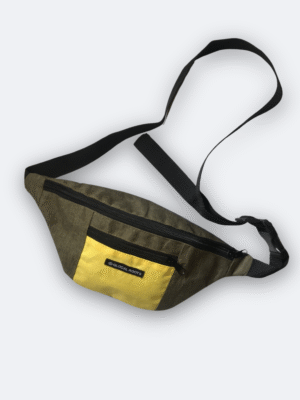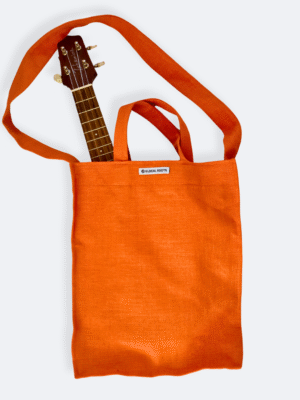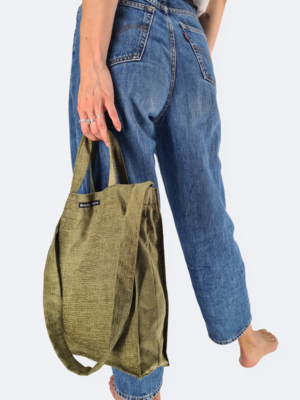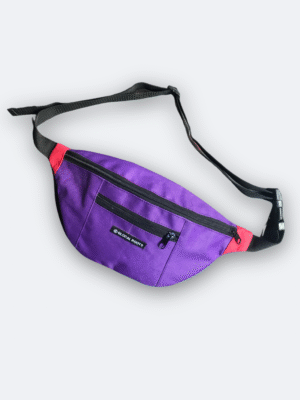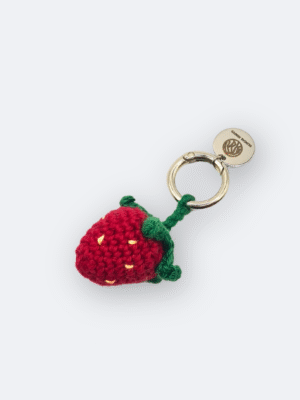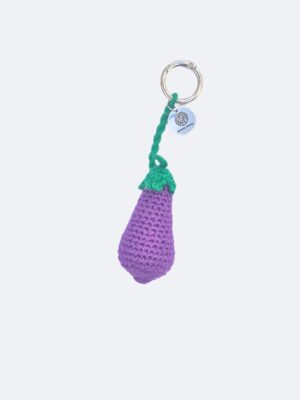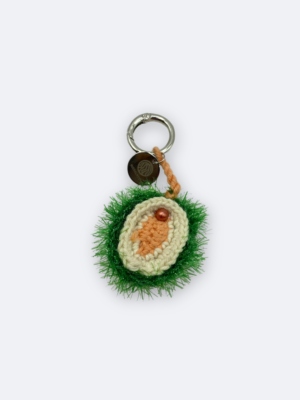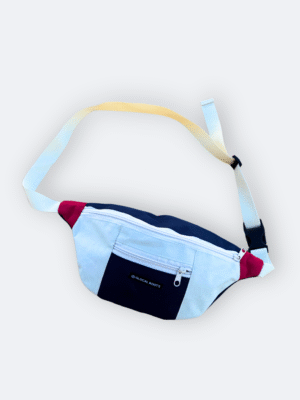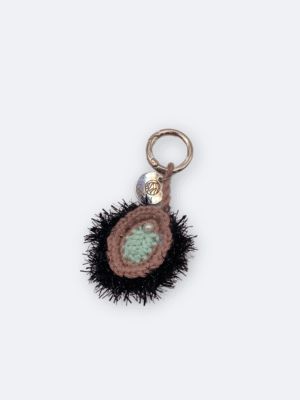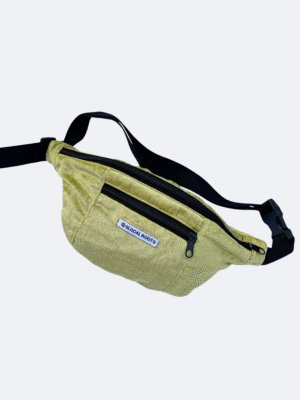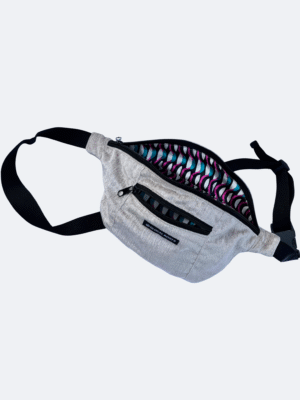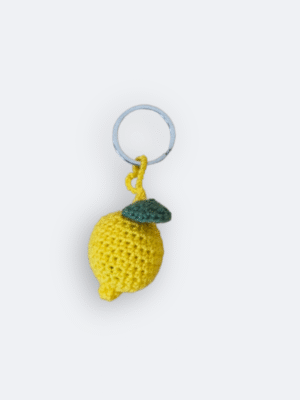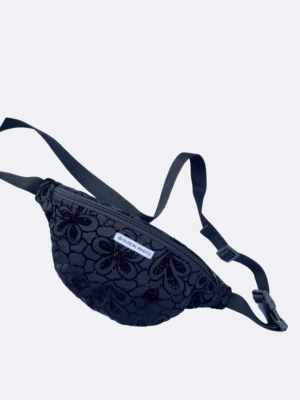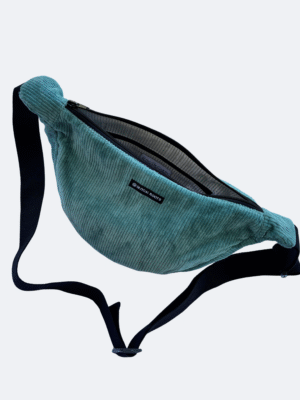Glocal Insight
motherhood in exile: the challenges of refugee women in greece
Motherhood is a profound journey that demands strength, care and resilience. For refugee women in Greece, the experience of motherhood is deeply shaped by the challenges of displacement, uncertainty, and systemic barriers. While every mother carries hopes for her children’s safety, education, and happiness, refugee mothers often fight for the most basic needs, without state nor family support to go through this journey.
The most immediate challenge for refugee mothers in Greece is securing basic necessities, not only for them but for their children. This is inclusive of safe housing, healthcare, food, and hygiene products. Access to services are complicated by long bureaucratic processes, language barriers, and discrimination. Temporary accommodations are often overcrowded with limited privacy. This has a detrimental impact on the wellbeing of both mother and child.
Maternal and pediatric care is theoretically available but in practice, access is not always guaranteed. It is a struggle to find consistent prenatal or postnatal care. Pediatric appointments can involve long waiting times or complex procedures for registration. Moreover, the lack of proper legal documents can make this process even harder, resulting in the complete denial of health rights for mothers and their children.
In addition, accessing education is fraught with challenges, including lack of transportation, documentation issues, and administrative barriers. Language is also another barrier as the Greek government provides no proper assistance.
Moreover, the instability of life in camps, shelters, or temporary housing makes it difficult to build routines. Mothers must find ways to offer emotional stability amid constant change and uncertainty, often without the support networks that families traditionally rely on.
Motherhood is often described as requiring a village. Yet refugee women have often left their villages, their families, and their support systems behind. Many find themselves isolated in an unfamiliar country, navigating motherhood alone while coping with trauma, loss, and cultural barriers.
Social isolation is worsened by limited access to integration programs and opportunities to build connections with Greek society. Language classes, community centers, and women’s safe spaces, like at the Victoria Community Centre, are crucial for breaking isolation, sharing experiences and creating support networks.
As one of our frequent visitors remarks, “the only moment when I can get a space for myself is when I come here. I know my children are being taken care of, and I can share time and experiences with other women in my same situation”. Another visitor also added that “accessing this kind of support is indispensable for refugee mothers: we left our supporting net when we left our countries, and we strongly need to find our community again. Motherhood in any situation can be isolating, but when you don’t have your people it feels so much more overwhelming”.
At Glocal Roots, we believe that supporting refugee mothers means supporting the future. We work to create spaces where women feel safe, valued, and empowered—not just as mothers, but as individuals with dreams, skills, and immense strength. We honor their journey, listen to their needs, and commit to standing alongside them in building brighter, safer futures for their families.



